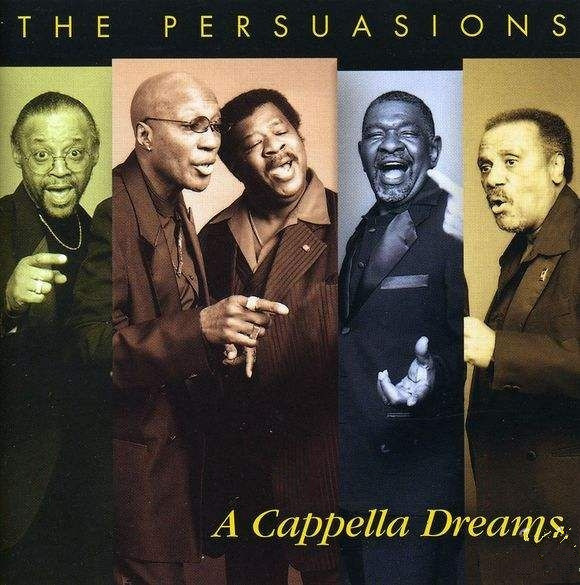 2940
2940
 2017-01-27
2017-01-27
Apple has been slapped with a lawsuit over its use of a Jamie xx song in an iPhone commercial.
Artist Jerome Lawson filed its lawsuit against Apple on Tuesday in the Los Angeles Superior Court, accusing the iPhone maker and its ad firm Media Arts Lab of illegally violating his "right of publicity." Oddly, Lawson isn't part of Jamie xx, but instead serves as the lead singer of The Persuasions.
The lawsuit, which was earlier reported on by The Hollywood Reporter, is nebulous, to say the least.
According to the lawsuit, Apple (AAPL, +0.05%) used the Jamie xx song "I Know There's Gonna Be (Good Times)" in a 2015 ad promoting its iPhone 6. That song used The Persuasions' 1971 song "Good Times" for part of its recording. Lawson's lawsuit doesn't cite Jamie xx as a defendant and doesn't even say Apple violated a copyright by using the song in the commercial. Instead, Lawson argues that his voice is clearly heard in the ad, which "deceived" his fans.

"Lawson's voice is prominent and recognizable in the Apple commercial," the complaint reads. "Lawson is informed and believes and on the basis alleged that Plaintiff's voice was recognized by fans of his who saw the commercial and those fans were deceived into falsely believing that Lawson endorsed Apple and the iPhone and/or that Lawson consented to the use of his voice to advertise Apple's products."
The lawsuit went on to say that the ad violates "collective bargaining agreements" with the SAG-AFTRA, the combined union that supports film, television, and radio artists.
The ad in question was part of Apple's "Shot on iPhone" campaign. It depicts a person riding a bicycle while the song plays in the background. The ad runs just 15 seconds and Lawson's voice is heard for only a short portion of that time. Still, he argues it was enough to violate his rights.
In the event the case goes to court, Lawson is hoping for a big windfall. In his complaint, he said that he has yet to fully determine how much in damages he's owed, but believes Apple should shell out at least $10 million for using his voice. He argues the fee includes damages, restitution, and collection on Apple's part of "unlawful profits."
Source: fortune